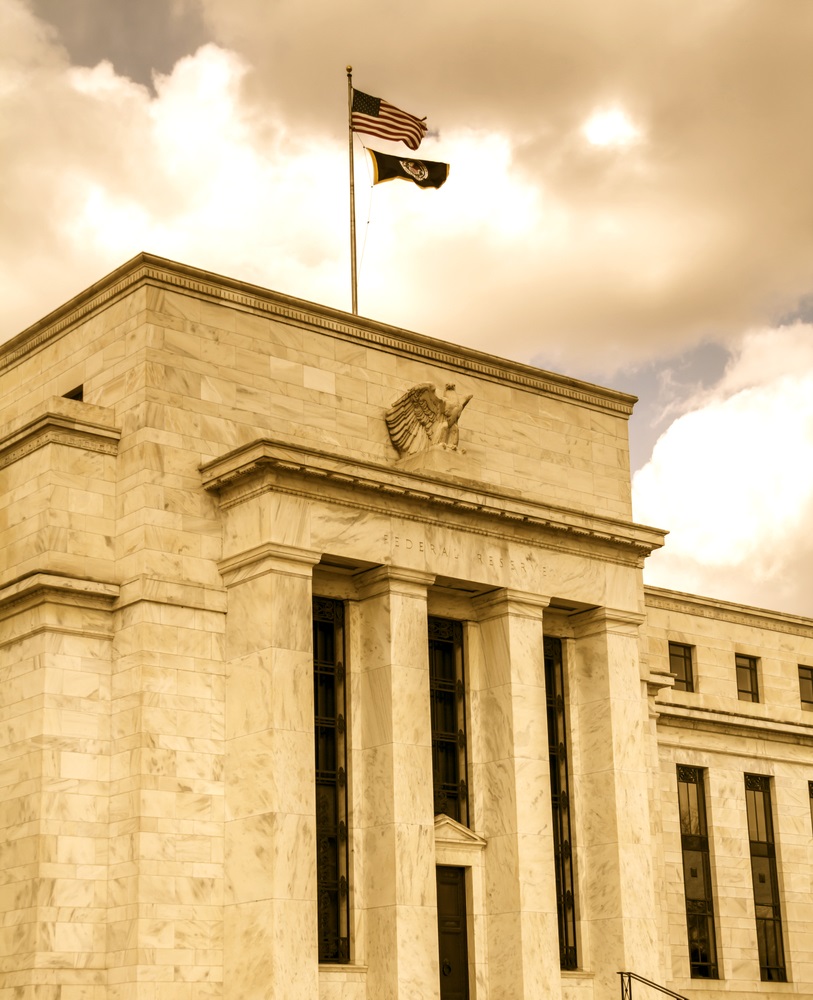In my previous post, I expressed concern that the Fed may be planning to move policy even further away from a “level targeting” approach. One criticism of symmetrical level targeting is that it might be politically unpopular to bring prices down at a time when inflation has overshot the central bank’s target path. A recent article in the Financial Times suggests that the exact opposite may be true:
Many big central banks have implicitly returned to setting monetary policy with reference to Taylor Rule models, where interest rates are anchored around how far the economy is from the inflation target, and the degree of slack in the economy. However, these elections suggest that voters would prefer more price-level stability, over low inflation rates, or full employment.
If that’s the case, then central banks might want to revisit an alternative policy framework; the idea of price-level targeting, as proposed by Professor Michael Woodford of Columbia University. In this framework, policy targets a constant rise in the level of prices over time, so that if prices rise above that rate, policy has to respond sufficiently to reverse any price level divergence. This contrasts with the current framework, which can celebrate a return to 2 per cent inflation, even though the target has been missed for multiple years, and has left households with major losses in real purchasing power. By encouraging early action to limit the initial divergence from the desired price levels, this framework can, theoretically, deliver gains for consumers.
We need to be careful in interpreting election results. If we did see a return to high unemployment, then voters might start caring more about unemployment than high prices. But I don’t see a tradeoff here. A policy of NGDP level targeting, or even a true “flexible average inflation targeting” policy (not the policy adopted by the Fed) would deliver both more stable prices and more stable employment in the long run. In the end, it is economic success that is politically popular.
